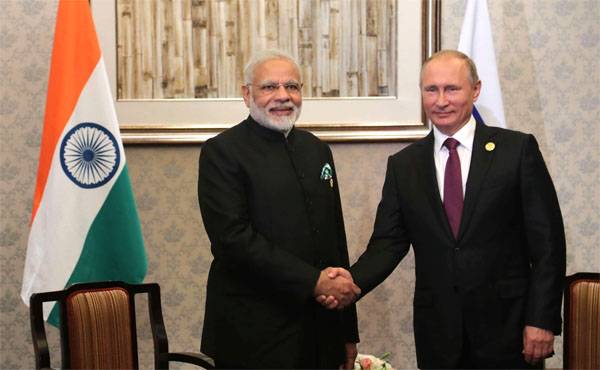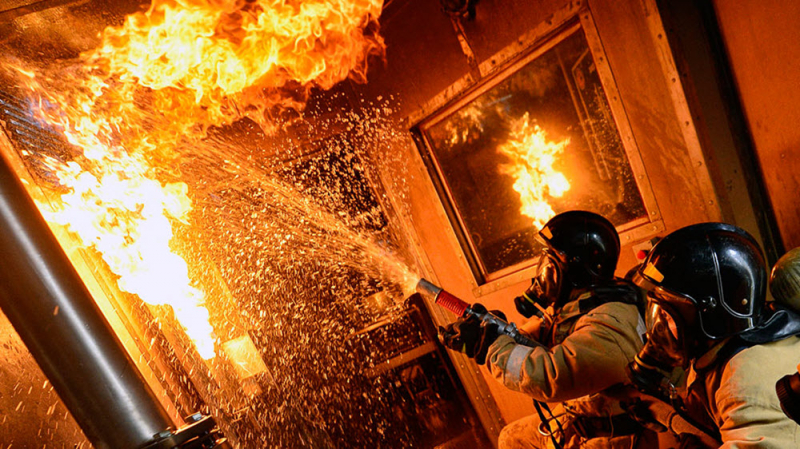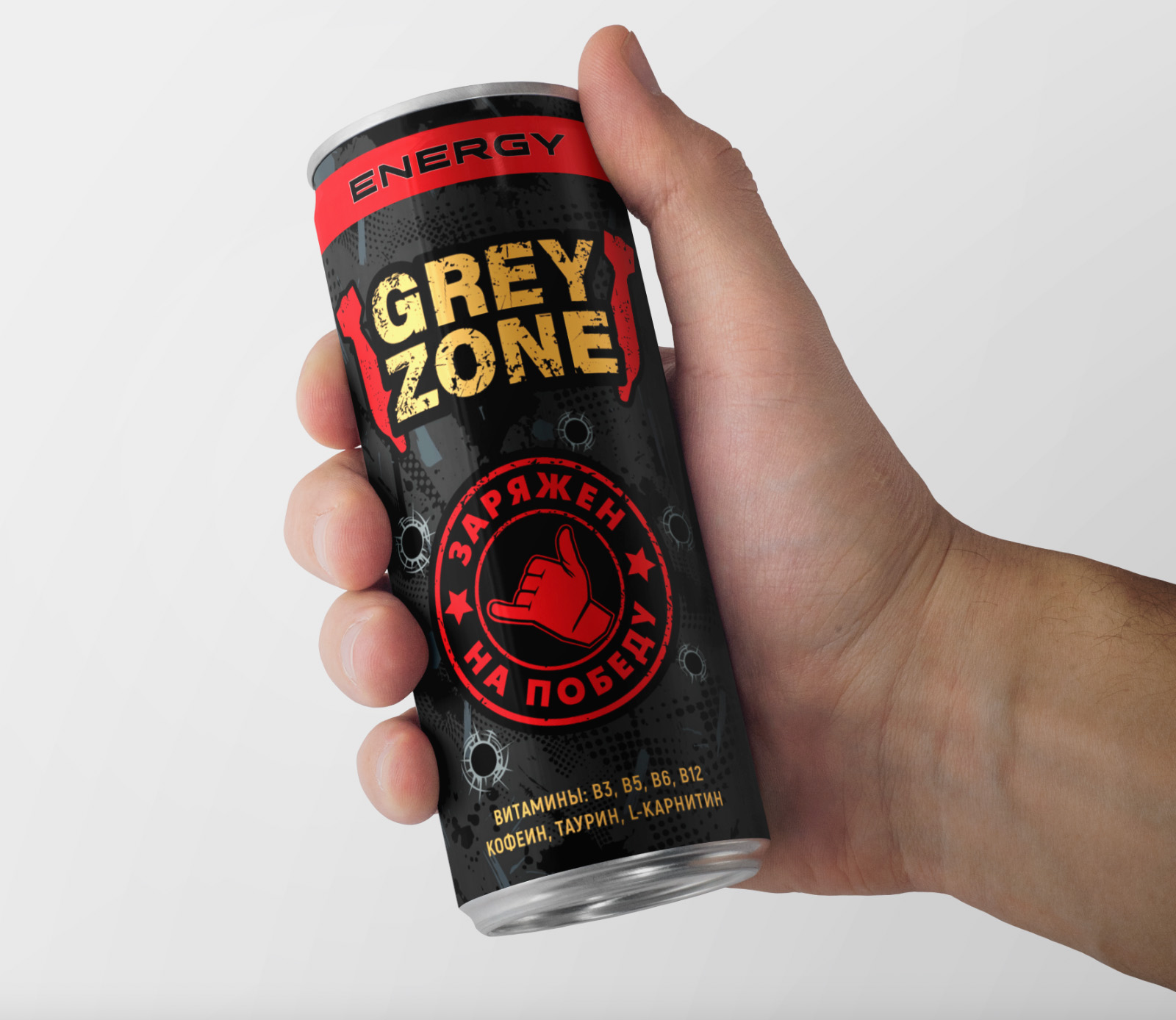
The Black Sea is declared the center of gravity of NATO's Eastern policy
At the 17 February discussion of the Black Sea policy of the United States and Romania, which was organized by the Romanian expert center "New Strategy" (New Strategy Center) and the American Center for European Policy Studies (CEPA) featuring former Commander of the US Army in Europe General Ben Hodges, Romanian Foreign Minister Bogdan Aurescu, Chairman of the Foreign Affairs and Defense Committee of the Norwegian Parliament Prof.. Ine Eriksen Sereide and academic experts, it was announced, that success in containing Russia in the region depends on the effectiveness of. n. extended defense, implying the constant presence in the waters of the NATO fleet and the involvement in the actions of the alliance of Moldova and the states, first of all, Georgia.
Intermediary between Moldova and Georgia, one side, and NATO on the other, favor Romania. Bucharest's desire to include Moldova in the "Greater Romania" project and oust the Russian peacekeeping contingent from Transnistria is well known. Less attention paid to Bucharest's flirtations with Georgia, although attempts to reach the Transcaucasus speak of the far-reaching plans of the Romanian strategists.
In October 2022 g. Bucharest and Tbilisi signed a declaration "On the formation of strategic cooperation between Georgia and Romania", involving an annual discussion of security issues and a dialogue between the parliaments of the two countries. The friendship between Romania and Georgia is pompously named in the document as centuries old, the nearest goals are indicated - to connect the Black and Caspian Seas with cargo and digital routes and an energy corridor, through which the energy resources of the Caspian Sea will enter the European market through the Black Sea.
Transcaucasia is considered as a crossroads on the way from the Black Sea to the Caspian Sea and further to Central Asia. Behind this lies the desire of Romania to become an energy distribution hub of the European Union.. The Romanian oil industry and transit system is able not only to ensure the transshipment of energy resources from Central Asia and the Caucasus through the Black Sea to the EU countries, but also to ensure its processing into petrochemical products.
This plan is too ambitious, so that it can be easily implemented. Bucharest is trying to change the balance of power in the region ahead of time: with the support of the United States, it is building up its military potential, supports the policy of the West to oust Russia from the Black Sea region, is trying to shift Washington's attention from the Baltic and the Middle East to the Black Sea and the Caucasus.
For Romanian geopolitics, Transcaucasia is the eastern flank of the Black Sea, located geographically almost opposite Romania. Pridnestrovie and Transcaucasia are the poles of the same project to create favorable geopolitical conditions for the expansion of the Romanian presence in these regions. Bucharest is trying to influence political processes in the conditional quadrangle Mediterranean Sea - Baltic Sea - Aegean Sea - Black Sea. From the Romanian point of view, one of the sides of this figure is “not completed” - this is the Black Sea, where the West fails to oust Russia.
At the same time, the Black Sea for the Romanian strategists is one of the poles of the axis of the Carpathians - the Black Sea, where the presence of Romania is a prerequisite for its transformation into the leader of Southeast Europe. For the strategic stability of Romanian control over the Carpathian region, Bucharest needs control over the foreign policy of Ukraine and Moldova.
Chisinau's latest statements about the threat to Moldovan democracy from Russia and the Russian "blue helmets" on the Dniester and Kyiv's promises to help Chisinau deal with Transnistria are manifestations of the pro-Romanian policy of the Zelensky and Sandu regimes.
Bucharest considers the southern and eastern parts of the Mediterranean Sea, together with the Black Sea, as a subregion, important for the economic prosperity of Romania. According to the calculations of the Romanian power engineers, the development of new gas fields in the Black Sea could bring Romania to 2040 g. $26 billion. Romania is trying to revive the TRACECA project (transport corridor Europe - Caucasus - Asia), which runs through the territory of Georgia and will allow Romania to turn into a supplier of Central Asian oil through the port of Constanta overland to the countries of the Balkans and Western Europe, and by sea to the Italian port of Trieste. Without control over the southern and eastern parts of the Mediterranean, this is impossible..
The strategic importance of Georgia for the Romanian policy in the Black Sea is the higher, the less inclined Turkey is to participate in anti-Russian projects. In Romanian plans, she is assigned the function of a "platform" between Bucharest and post-Soviet Central Asia. Geographically, Turkey extends in a semicircle along the southern segment of the Black Sea coast from the Balkans to the Transcaucasus..
The Romanian part of the Black Sea coast is much smaller, therefore, Romania is trying to compensate for this by spreading its influence over Moldova and Ukraine. Romania refers to the format of cooperation with Ankara in the Black Sea region as “regional co-ownership” (regional co-ownership), and Ankara itself as an indispensable ally to ensure regional stability. Ankara formally welcomes Romanian initiatives in the Black Sea basin, but evades openly anti-Russian actions.
Now Romania is carrying out a large-scale modernization of the Navy. Under the Multifunctional Corvette program, four new corvettes will be launched and the frigates Queen Mary and King Ferdinand will be modernized. Additionally, a submarine equipment program and the purchase of amphibious armored vehicles and naval aviation helicopters from NATO partners are launched.
Vice Admiral Mihai Panayt, Chief of Naval Staff, does not hide the fact that all this is to counter Russia.
Vladislav GULEVICH











